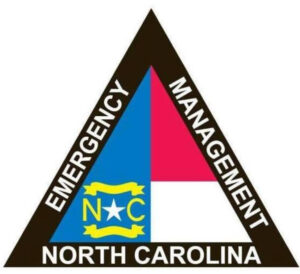
Special to IFN
RALEIGH — Gov. Roy Cooper has announced that President Biden has agreed to North Carolina’s request to cover 90 percent of Public Assistance, Hazard Mitigation, and Other Needs Assistance. The federal government typically covers 75 percent of the cost. The increased federal reimbursement share decreases the financial cost to the State of North Carolina for eligible programs and projects.
“A complete recovery in Western North Carolina will require an investment of billions of dollars and agreement by the Biden Harris Administration to cover more of the cost is a tremendous boost to our efforts,” Cooper said. “We will continue working to get more funding into Western North Carolina so we can rebuild our communities in stronger and more resilient ways.”
“As we continue into the recovery phase of this disaster, there will be a significant cost to rebuilding western North Carolina communities and to assist survivors with recovering from Helene,” said N.C. Emergency Management Director Will Ray. “The increased federal cost share provided will allow for state dollars to go further which will expedite many recovery and hazard mitigation projects as we go into 2025.”
Public Assistance funding provides reimbursements to units of state and local government and certain private and non-profit groups for debris removal, emergency protective measures during the response to the disaster, road and bridge repairs, repairs to public buildings, equipment, and infrastructure, utility repairs, and management costs.
Hazard Mitigation funding provides the state and local jurisdictions impacted by the disaster with the ability to reduce or eliminate future damages and losses as communities rebuild during the recovery process. This may include elevating buildings and homes in flood prone areas and allows property owners to voluntarily seek an acquisition of their property if rebuilding is not possible.
Other Needs Assistance is a portion of the Individual Assistance Program which provides funding for necessary and serious needs that are caused by the disaster. This may include medical care, dental services, funeral costs, personal property replacement, transportation costs, vehicle repairs, moving expenses, and any other expenses that FEMA approves for the disaster.



